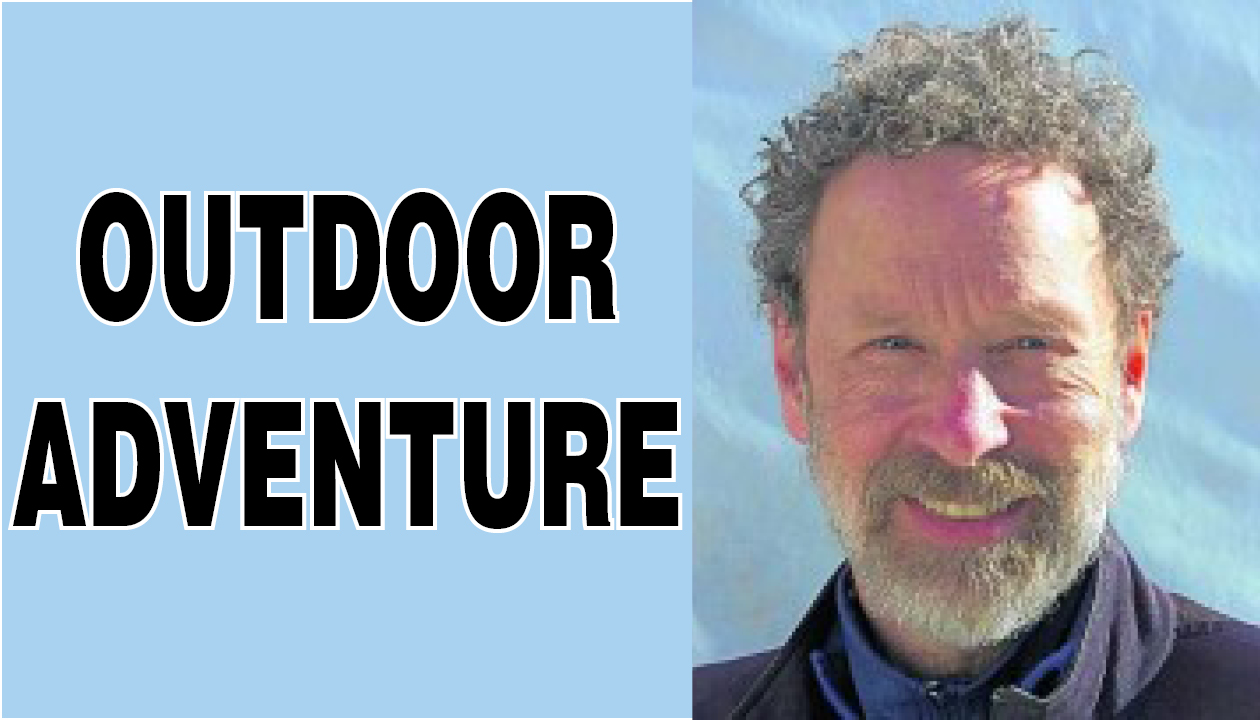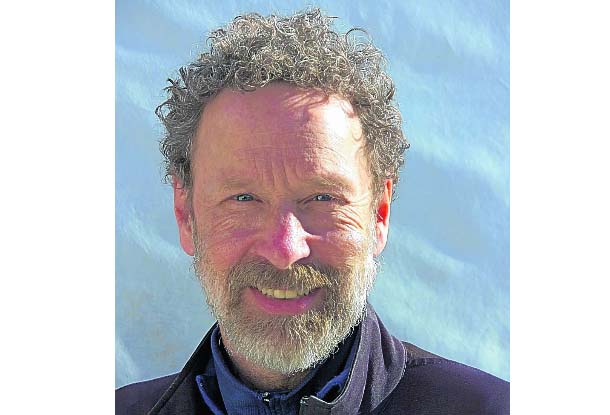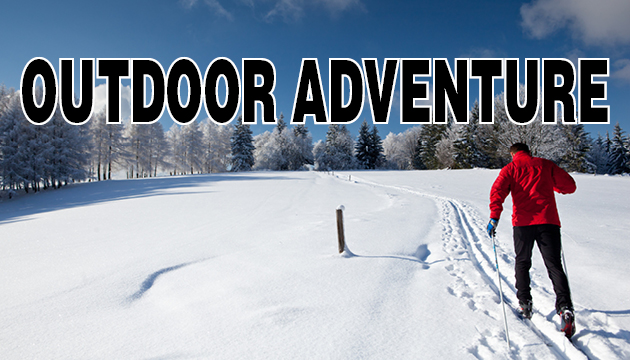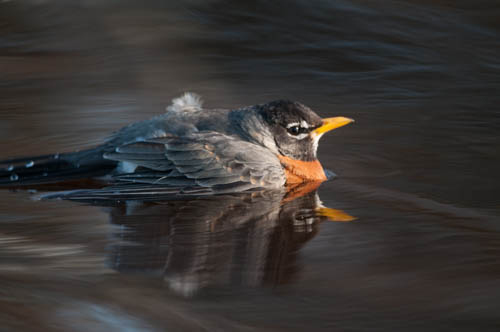Skiing the Birkebeiner: Same course, 44 different races

By Mitch Mode
Special to the Star Journal
The wind was restless in the dawning, a high, thin, whistling sound. Tree branches swept the eastern sky against the pale color of daybreak sky. The wind lifted skiffs of snow, lifted and tossed the snow in disregard of its stately drifts.
The thermometer read zero. Wind chill in the minus teens. I drank hot coffee, stood at the window and watched the day begin. It was 6:15. I was two hours away from starting the American Birkebeiner.
Left to my own I’d not ski on a morning as this. Or I’d ski short and easy, an hour or so, not a long effort. But this was the Birkebeiner; one takes what one is given. It would be long day no matter what.
I turned from the window and began to make ready. The television was turned on; news of the growing horror of the war in Ukraine. Nothing else. Why would there be? I stared at the screen: When will we get good news in all of this?
In the minutes before we left for the start, a text message from our dog sitter: The main water line from the street has frozen. We had no running water at home.
I felt the weight of a deep sense of gloom.
An hour later I was at the start line. The anthem played; wind snapped the flag against a diamond blue sky. It was three above zero and we faced into a stiff wind. My mind wandered from the cold to Ukraine to the frozen water lines. I lacked enthusiasm for the task at hand. Then the start gun barked.
We skied out directly into the mean wind but after a few hundred yards turned left into the woods. The woods gave us shelter. I started in a small group of Birkie veterans, skiers that have all completed over 40 Birkies. There are not a lot of us; the group quickly thinned out. One skier went out fast and was gone to the trees and the winding trail. I followed another, letting him set the pace.
The skier ahead of me was a good skier. I followed his tracks, mimicking his technique. I did not want to pass him. I simply did not have the energy to do the mental work of skiing alone when one must pick the correct line and make adjustments in terrain. It was easier to sit back and that is what I did.
Any notions of a good race were quickly put to rest. I had waxed my skis badly; they did not glide free and easy. It is on me, the waxing; my mistake. My legs did not respond and I felt heavy and without power. Odd in that I’d skied enough this season; I should have been better than this. But I was not. It was not my day.
At times I looked up and away, at the wide ranging woodland, at the stoic pines, at the lift and sweep of the land, lovely and peaceful. But most of what I saw was the track ahead of me, skiers on the periphery, skiers ahead of me. Colors blurred to movement. I was aware of numbers on racer’s bib, of color of boots, of brand of skis. But mostly the race drew down to a very narrow tunnel in which little existed except that which was in front of me.
The hills seemed without pause. They kept coming, the hills of the Birkebeiner, kept wearing me down, unrelenting and without compassion. I did not remember there being as many and I began to resent them. I was not in a good place.
I never know if I can finish the race. I used to take it for granted, years ago. I’ve done 43 of them; one would think I’d gain some confidence. But with the years has come the acknowledgement that this world is an uncertain one; that what seems bedrock can shift, that what we take for certainty can be proved otherwise. If nothing else that is the lesson from two years of living with COVID. Nothing is guaranteed. My Birkebeiners are no different. I start each race uneasy with self-doubt.
Large signs on the right side of the trail count down the kilometers to the end. I watched them pass. I marked distance. At 25 kilometers to go I felt that I could probably make it. Probably. Until then I did not know.
I skied as best I could. Years ago I skied fast and eyed the standings. That’s gone. My goals have changed. How could they not? One cannot expect the same at 44 years into it that one did in the early years. One thing has not changed: I hold myself to my expectations and my standards. The clocked time no longer matters most. What matters is that I ski as best as I am capable. On this day it wouldn’t happen. My legs lacked snap; my mind drifted; sharp edges of perception dulled.
I was not skiing well. We all have days like that when best laid plans go awry and noble intent is tossed to the winds of a cold February day. We can rage against it or accept it. Our choice.
Twenty kilometers to go. Fifteen. Only then I knew I would finish. Two long hills to climb; they seemed endless. Onto the frozen lake, into the wind. No shelter. I was struggling to hang on.
Then Main Street in Hayward, the cheers of the crowd, the smell of brats. I crossed the finish line, glided to a stop, stood still. I caught Sally’s eye in the crowd. A worker stapled a finisher’s pin to my race bib. There was a small number pressed into it: 44. The number I’ve completed.
Forty-four. I looked at the number and I felt good about what I had done.
Then I took off my skis and walked away from the finish line and into the crowd.
An assortment of outdoor products is available at Mel’s Trading Post, downtown Rhinelander. Call 715-362-5800.
Leave a reply
You must be logged in to post a comment.





